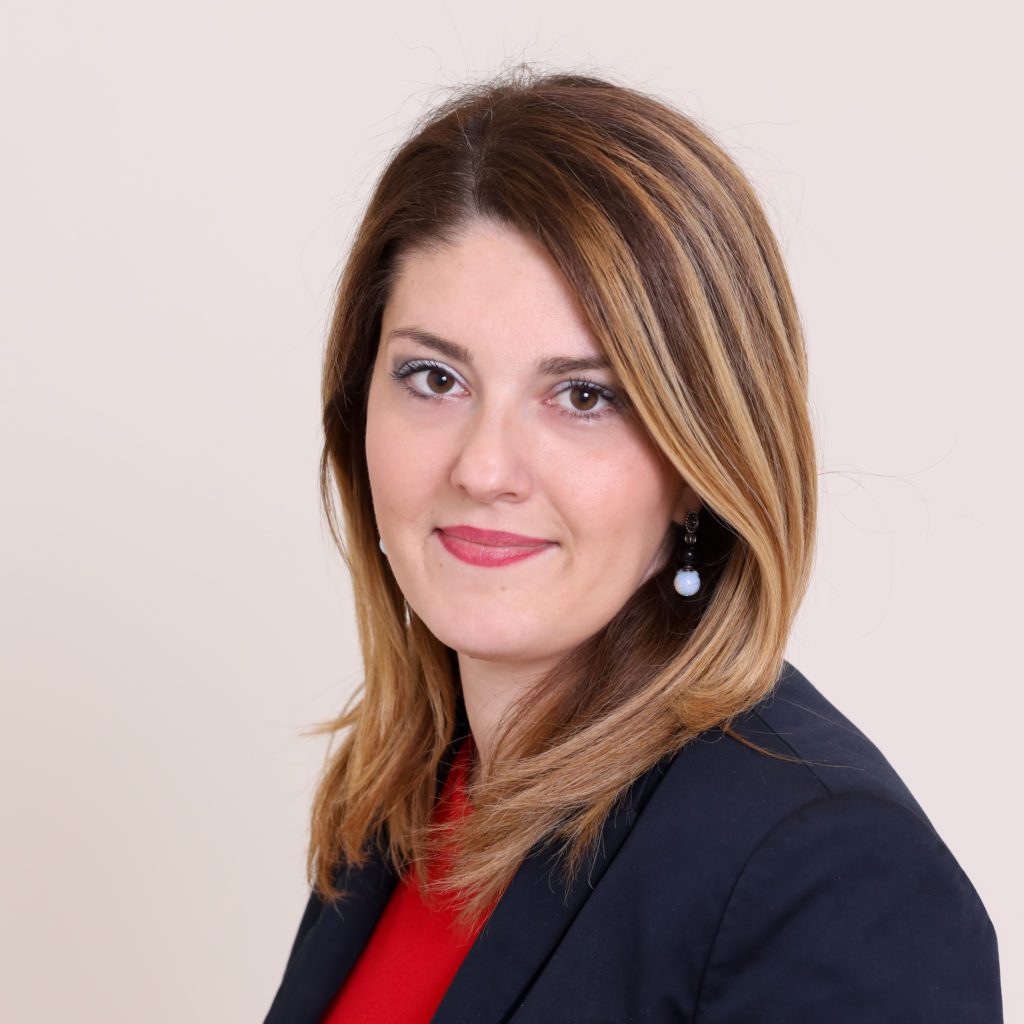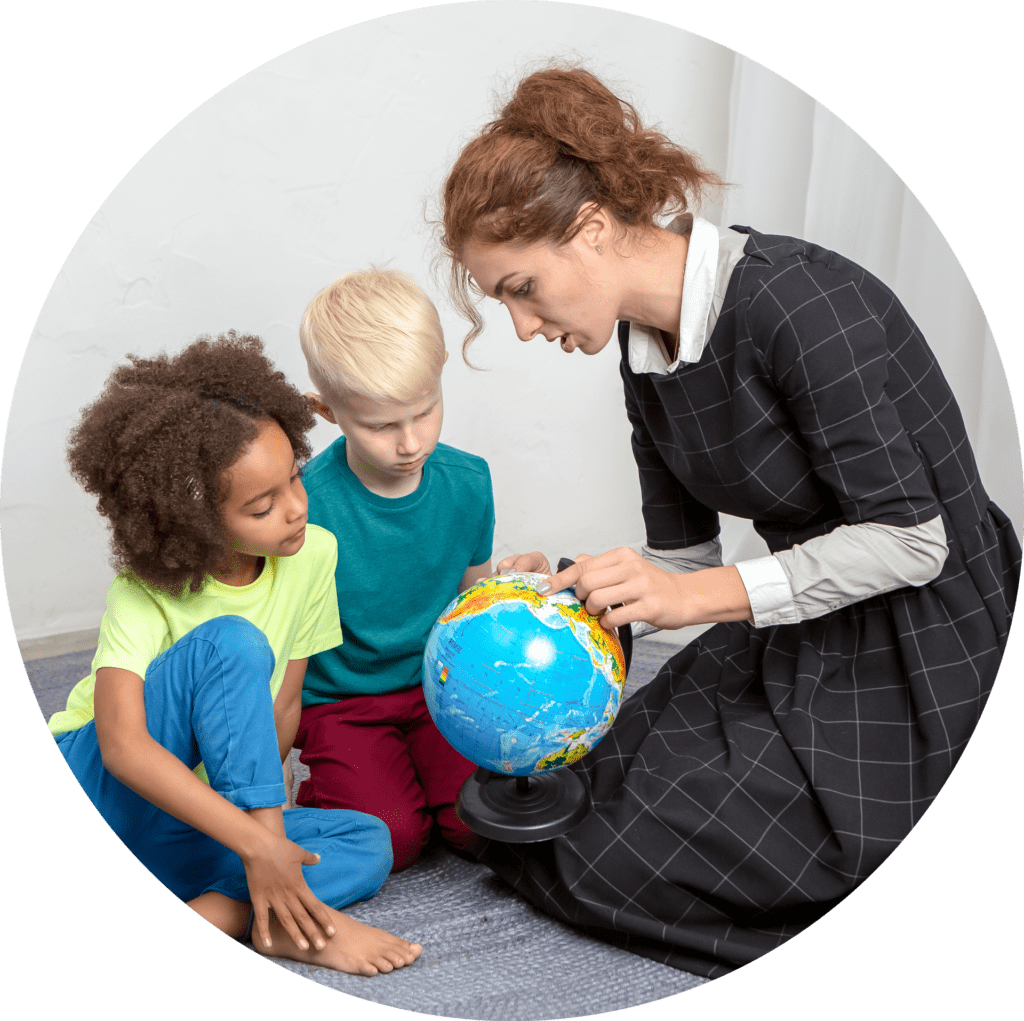Solidarity: Promoting Learning to Live Together among Migrant, Refugee and Host Communities in Europe
A total of 192 educators from across Europe and beyond participated in a series of three online webinars, to create dialogue, raise awareness and build capacity on the transformative role of education in enabling children from migrant, refugee and host communities to learn to live together in solidarity.
“Solidarity: An ethical imperative for advancing the role of education in migrant and refugee inclusion in Europe” is a collaboration between Arigatou International and SYNYPARXIS, co-funded by a Network for Dialogue micro-grant and the KAICIID Dialogue Center.
With prominent speakers and break-out group sessions, the webinars aimed to empower and equip educators to apply intercultural and interfaith education in their programs, using a transformative pedagogical approach that promotes children’s well-being, social transformation and their capacity to learn to live together.
A booklet was developed incorporating inputs from the webinar series, capturing key reflections, strategies, tools and policy recommendations.

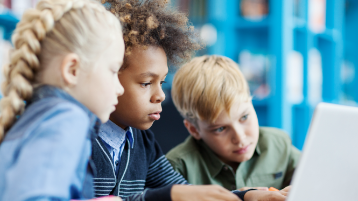
1st session
The role of education in promoting learning to live together among migrant, refugee and host communities in Europe
The panelists and participants reflected on the role of education in empowering youth to learn to live together and become agents of change in addressing social cohesion and inclusive education. They discussed ways to strengthen the role of education in promoting interconnectedness.
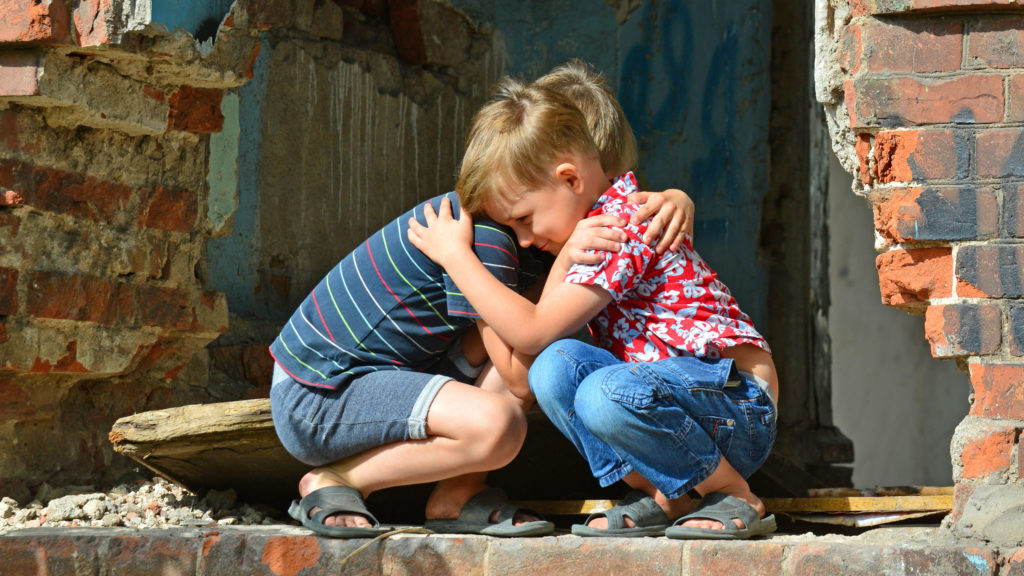
2nd session
Psycho-social support for resilience and well-being of children in the context of migrant and refugee inclusion in Europe
During this session, the participants discussed the multifaceted role of psycho-social support to empower children and help them build resilience. They shared good practices and tools to support refugee children and promote inclusiveness in the host communities.
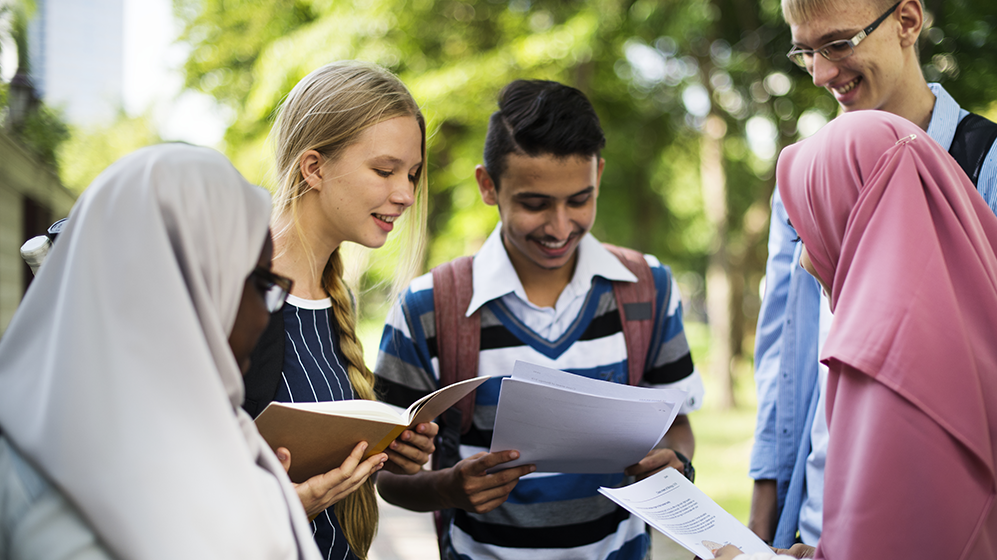
3rd session
Ethics Education to foster intercultural and interfaith learning as a dialogical approach to transforming migrant, refugee and host community dynamics
This session explored the ethical challenges of intercultural and interfaith relations between migrant, refugee and host communities. The participants identified how a transformative pedagogical approach can support learning to live together, and thought of ways to implement ethics education programs in their own contexts.
“We need to consider the needs of the different communities and how they can live together, rather than just asking migrants and refugees to integrate,”
Dr. Aleksandra Djuric Milovanovic,
Project Manager,
Network for Dialogue - KAICIID
